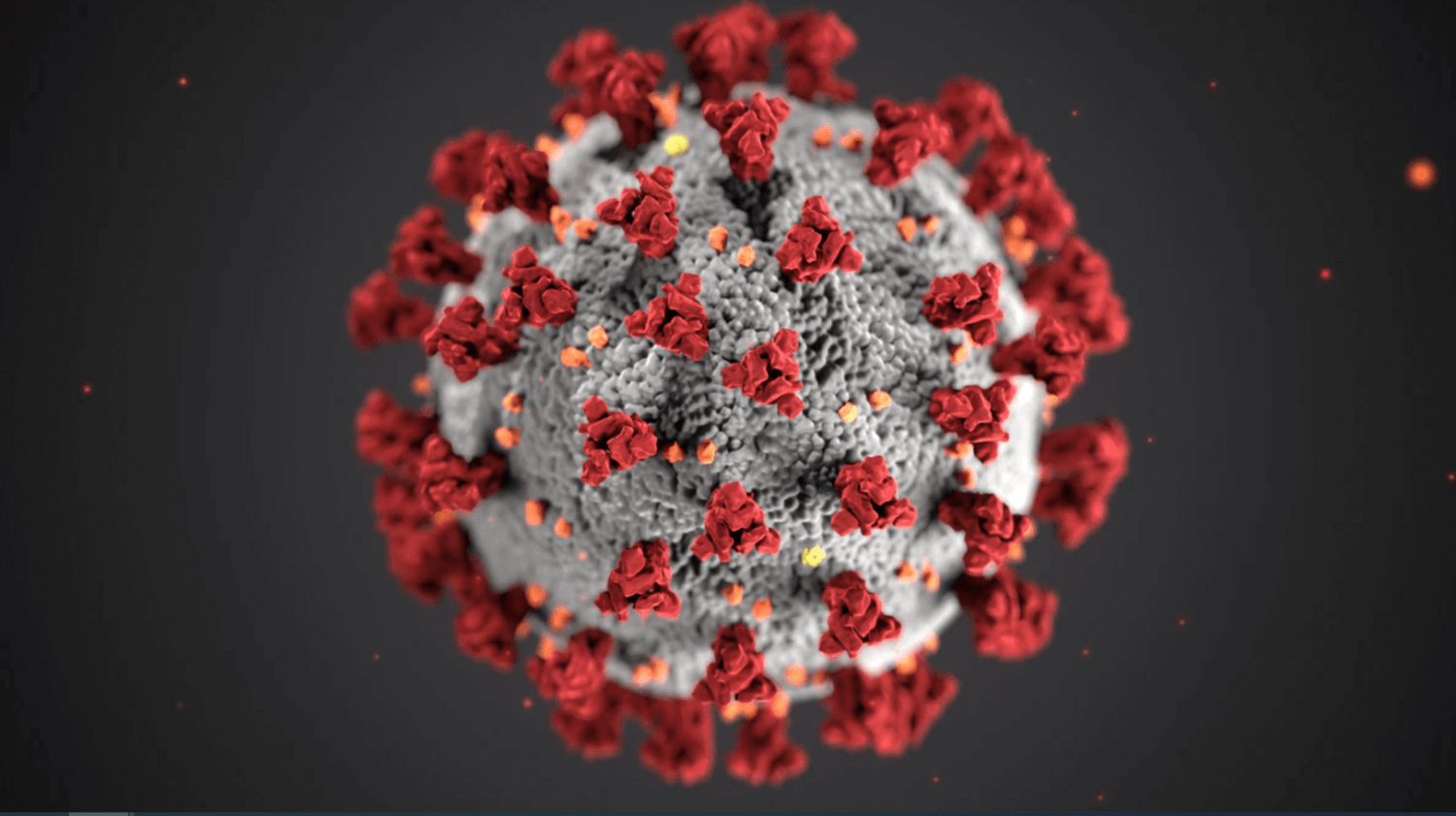Patients suffering with heart disease, such as heart failure, coronary artery disease, cardiomyopathies and pulmonary hypertension are at increased risk of complications due to COVID-19 infection.[1]While the restrictions across the nation are easing up and patients over 70, as well as health care providers can get a vaccine now, many are still wondering what precautions and strategy they should take in terms of their heart disease diagnosis and getting back to normal life during the COVID-19 pandemic.
Here are some tips on how to safely manage your heart failure during a pandemic [2].
Make a catch-up appointment with your primary care doctor or cardiologist. Save energy and time to travel required for an inpatient visit. Majority of providers now offer video or phone interviews. Items that should be discussed with your healthcare provider are any changes in diet, weight, sleep issues or any mental changes such as anxiety or depression. Your provider may ask you to monitor this at home prior to your appointment as they want to know how the chronic condition is going.
If you want to skip travel time but prefer in-person care, you can get evaluated by house call doctors MD. In addition to in-home appointments, these services often offer telemedicine services for ongoing, remote monitoring, which is invaluable for people with chronic conditions.
Track your symptoms. One of the most important things a patient with heart failure can do is tracking the symptoms and reporting any health changes to the health care team. The team can monitor patient’s symptoms (via telemedicine and online communication) before you require a visit to the hospital.
Maintain daily to-dos. Each day, you should aim to get plenty of physical activity, follow a heart-healthy diet and take any medications as prescribed. In addition, follow this short checklist:
- Weigh yourself regularly. Report increases of two to three pounds or more to your health care team.
- Increase in weight can be a sign of edema/ pulmonary congestion
- Keep an eye on swelling in your legs.
- Monitor shortness of breath and chest pain.
- Take a note on exacerbating factors
- Determine if you can do the same level of physical activity you did the day before.
- Find helpful strategies to achieve full-nigh, restful sleep
- Take your medicine exactly as prescribed as make sure you have at least a 30-day supply of your heart disease medicines, including high cholesterol and high blood pressure medications.
Reschedule missed procedures or screenings. If you don’t have a healthcare provider, contact you nearest community health center or department. Prioritize procedures and screenings that you need to attend and start working on scheduling these. As your health care provider if telemedicine is offered. If it’s an in-person visit, social distancing, masks and good hand hygiene remain critical for reducing the chance of infection. Many doctors’ offices require patients to wear a mask and to have their temperature taken once they arrive.
Take care of your lungs. COVID-19 is a respiratory disease, so keeping your lungs healthy should be high on your to-do list. Don’t smoke or vape. If you do, discuss this with your healthcare provider to come up with a suitable plan once you are ready to quit. The AHA provides free advice, tips and inspiration for quitting. You can text HEART to 88709.
Make a plan for future medical care. Any health care checklist can include discussions with family about future health decisions in the case of serious illness, with the goal of recording those wishes in advance health care directives. The AARP and the AHA provide resources to help. For patients with decreased cardiac output, ask your healthcare provider or nurse for the care plan decreased cardiac output.
Get support. It’s normal to feel scared, overwhelmed or confused when managing your heart failure — especially during a pandemic. Connect with survivors and caregivers through the American Heart Association’s free online support network. Sometimes it’s easier to cope when you know you’re not alone.
- References:
- Centers for Disease Control and Prevention. 2021. COVID-19 And Your Health. [online] Available at: <https://www.cdc.gov/coronavirus/2019-ncov/need-extra-precautions/people-with-medical-conditions.html#heart-conditions> [Accessed 21 January 2021].
- www.heart.org. 2021. COVID-19 And Heart Failure. [online] Available at: <https://www.heart.org/en/health-topics/heart-failure/living-with-heart-failure-and-managing-advanced-hf/covid-19-and-heart-failure> [Accessed 21 January 2021].







